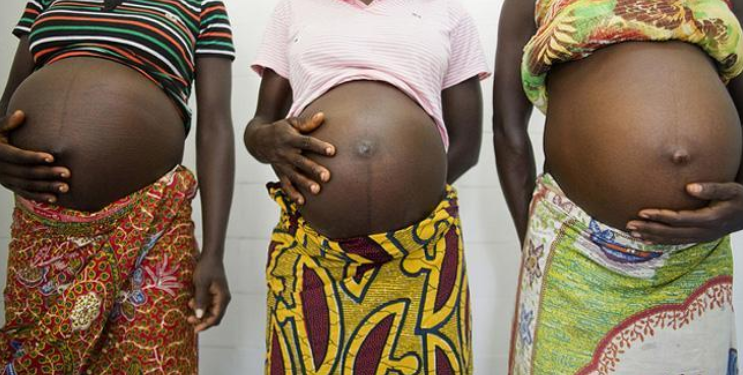Lack of adolescents’ communication with caregivers and parents regarding sexual issues is a key factor in the rise of sex among teenagers in the Adaklu District.
Others are parental neglect and peer pressure.
This came to the fore during an International Development Research Centre (IDRC) Project baseline result dissemination workshop held at Adaklu Kodzobi in the Adaklu District.
IDRC is a Canadian Funding Agency.
It was organised by the University of Health and Allied Sciences (UHAS), Ho in collaboration with the Ghana Health Service.
It was to disseminate the findings of the IDRC baseline project to the people.
It was also to strengthen the capacity of Health Management Teams to use District Health Information Management Systems data in engaging stakeholders for effective decision-making in addressing teenage pregnancy in the Volta region.
Dr Desmond Klu, an Investigator of the Project, said according to a survey conducted at Adaklu Kodzobi, 87.5 per cent of teenagers had never communicated with their fathers on sexual issues while only 12.5 per cent communicated with their mothers.
He said the respondents wanted their mothers to engage them more on sexual issues.
Prof. Margaret Gyapong, Director, Institute of Health Research, UHAS, said the gap created by the lack of education on sex and its resultant issues from parents and caregivers would be filled with wrong information.
She, therefore, advised the adolescents not to shy away from discussing sex and its related issues with their wards.
Prof. Evelyn Ansah, Director, Centre for Malaria Research, UHAS advised parents and caregivers to always provide for the needs, especially of the girl child.
During an open forum, participants appealed to the government to reintroduce corporal punishment in schools.
They said the ban on the use of caning had given rise to indiscipline among children. GNA


Comments are closed.